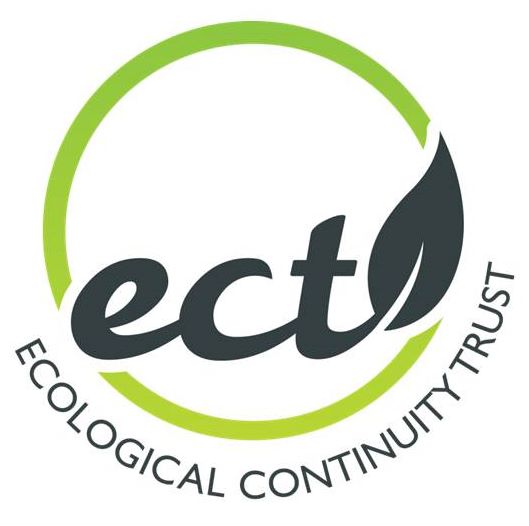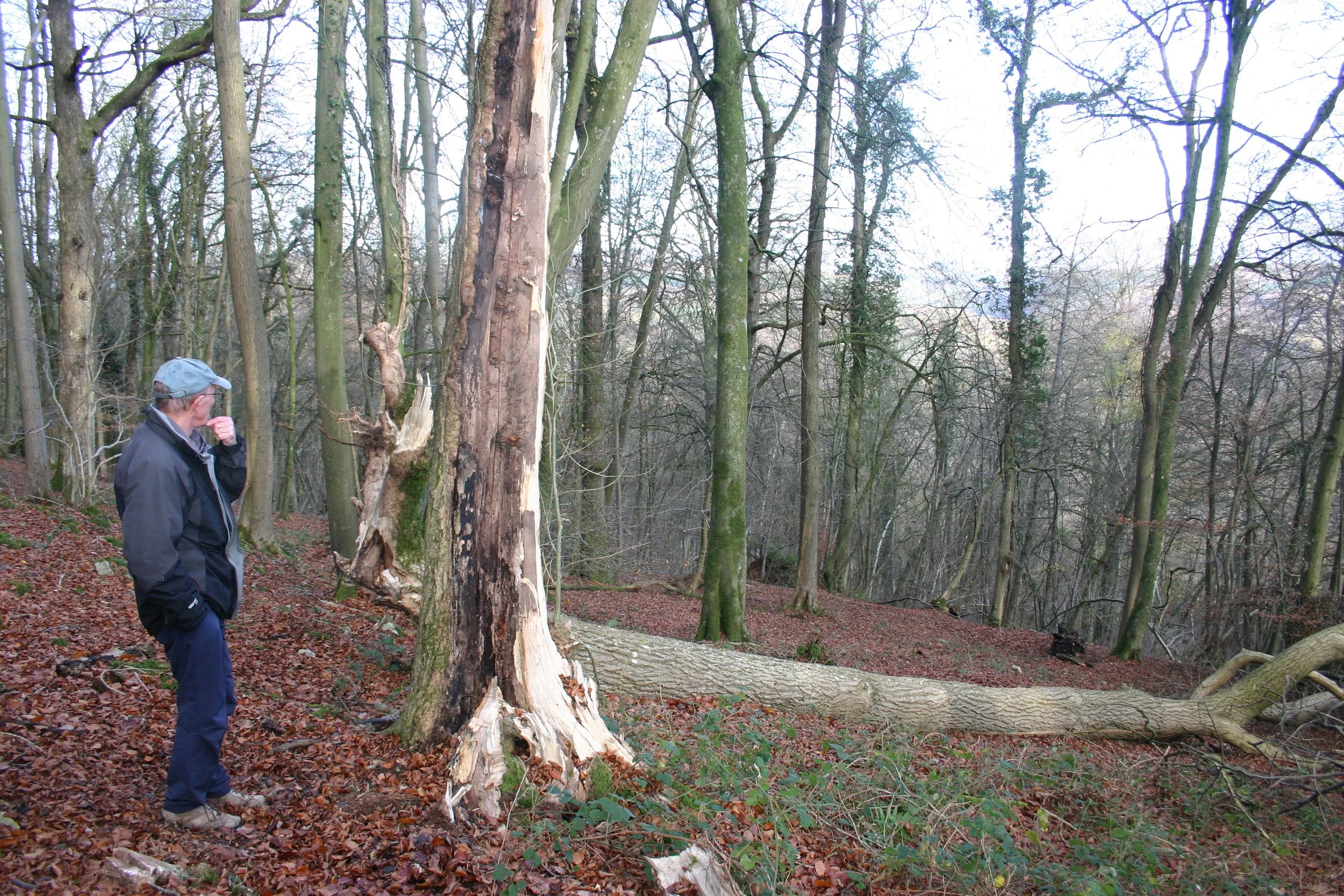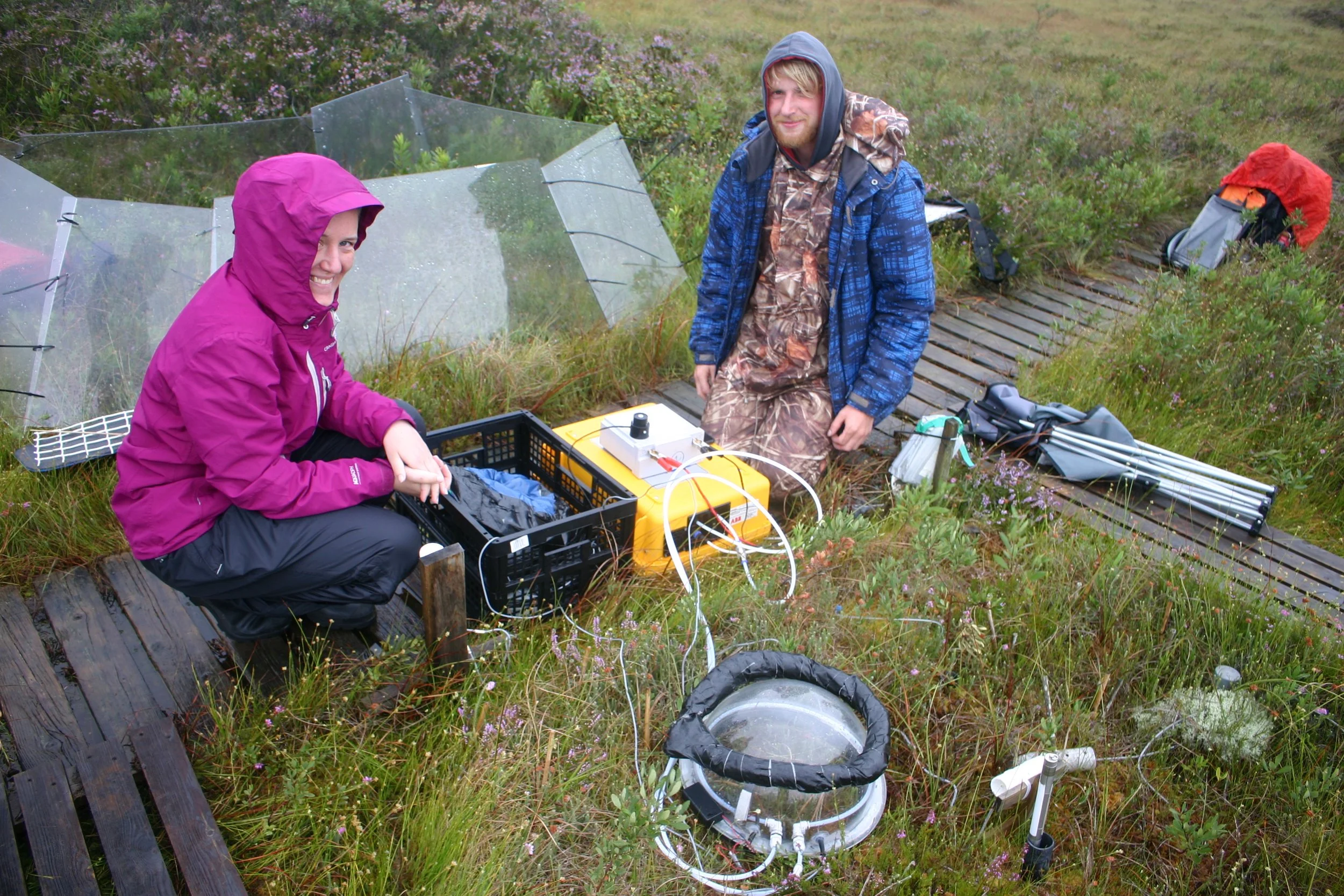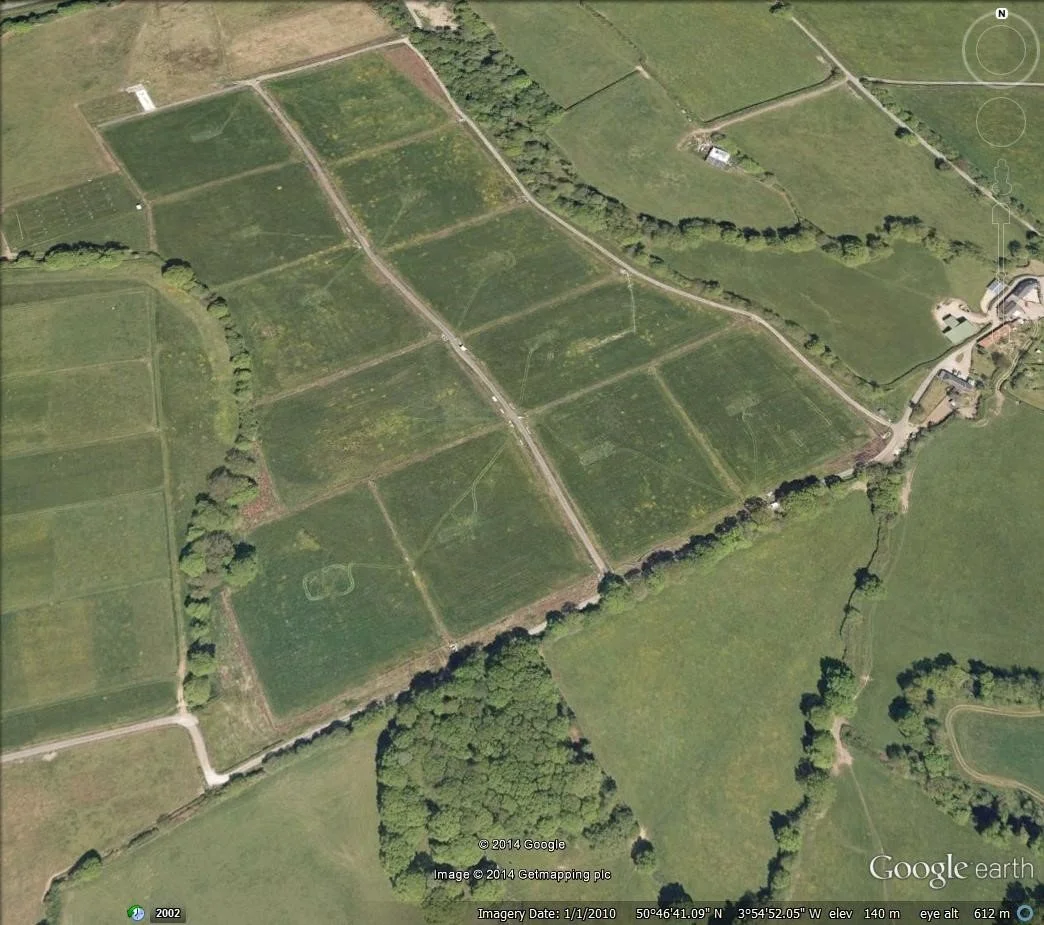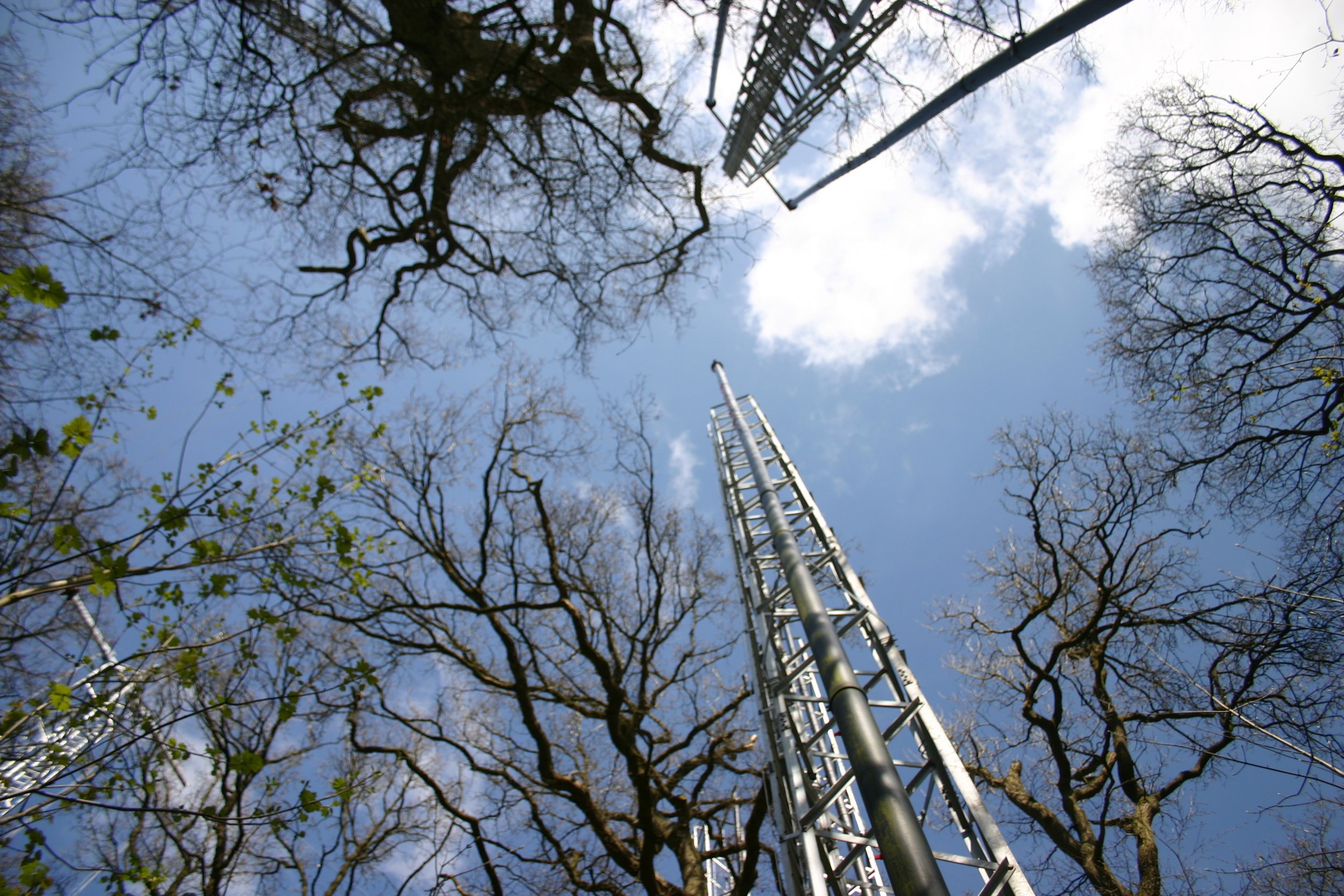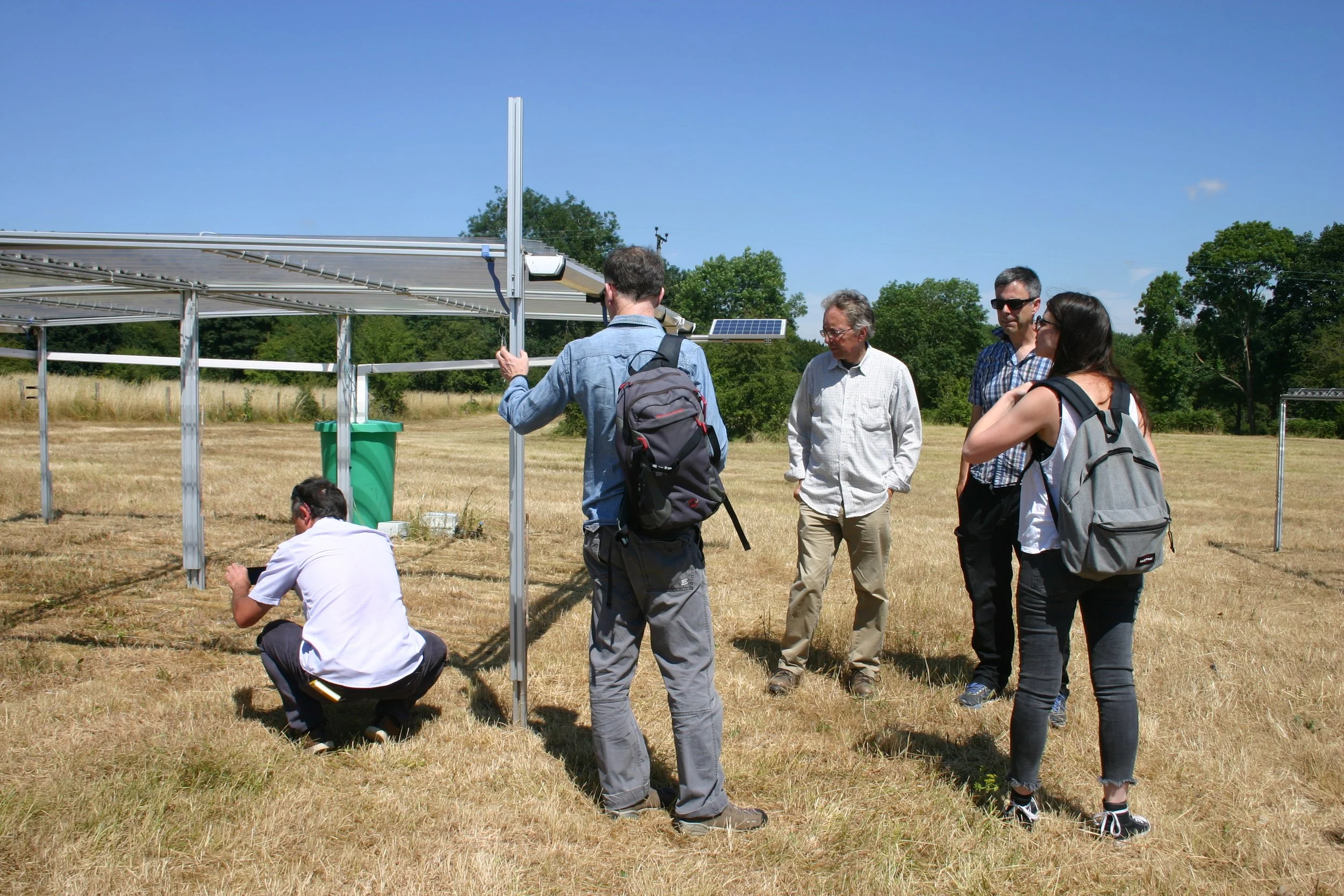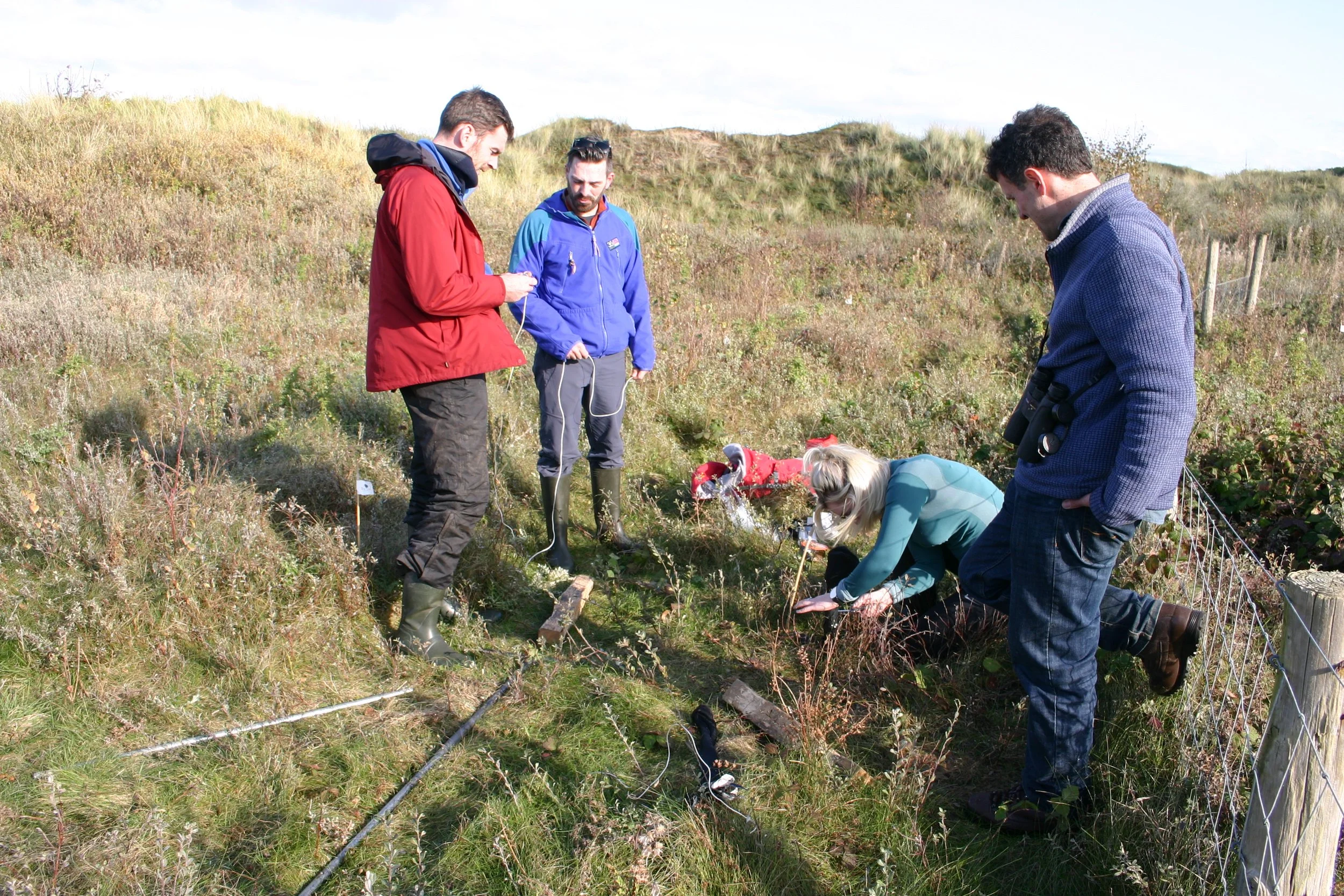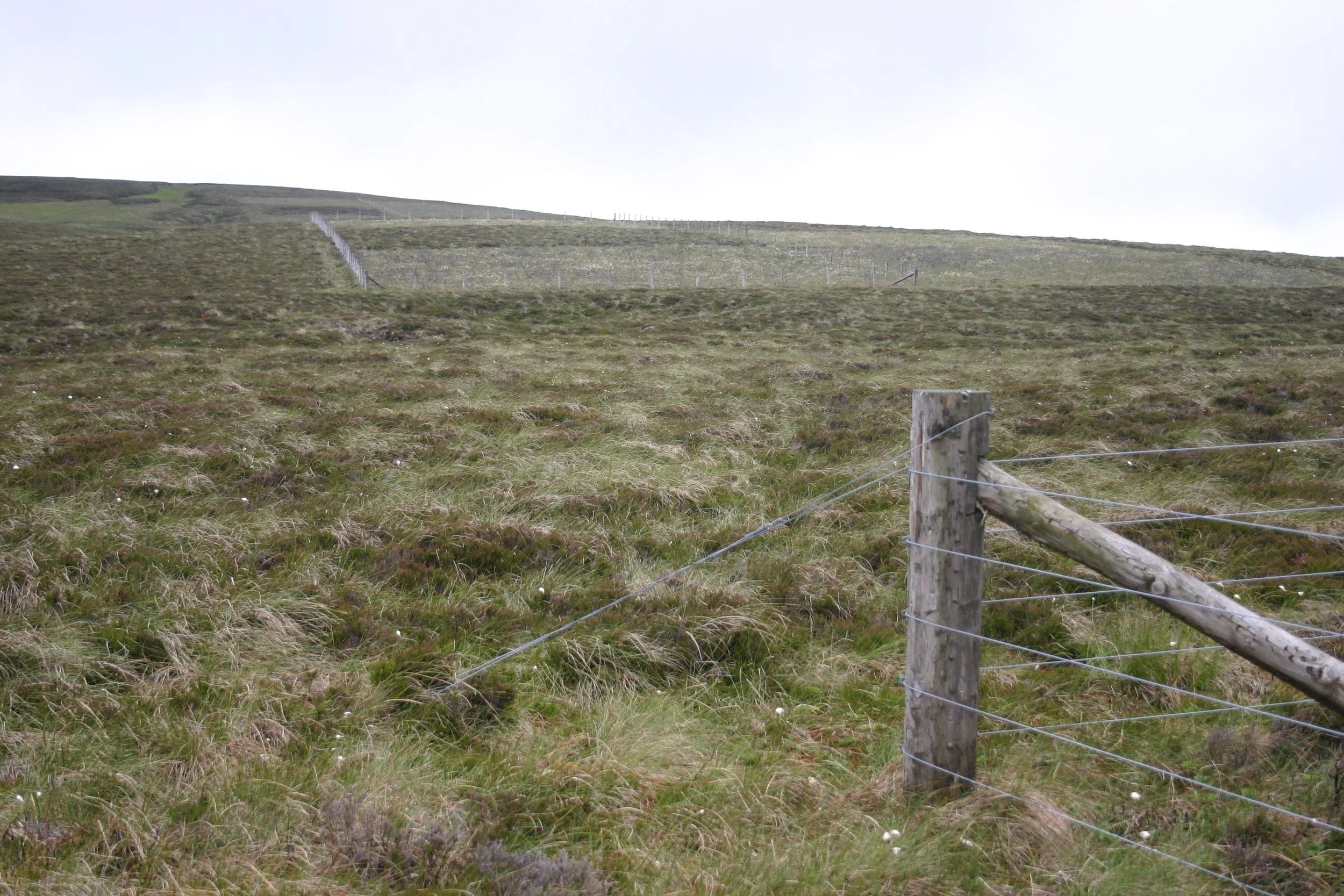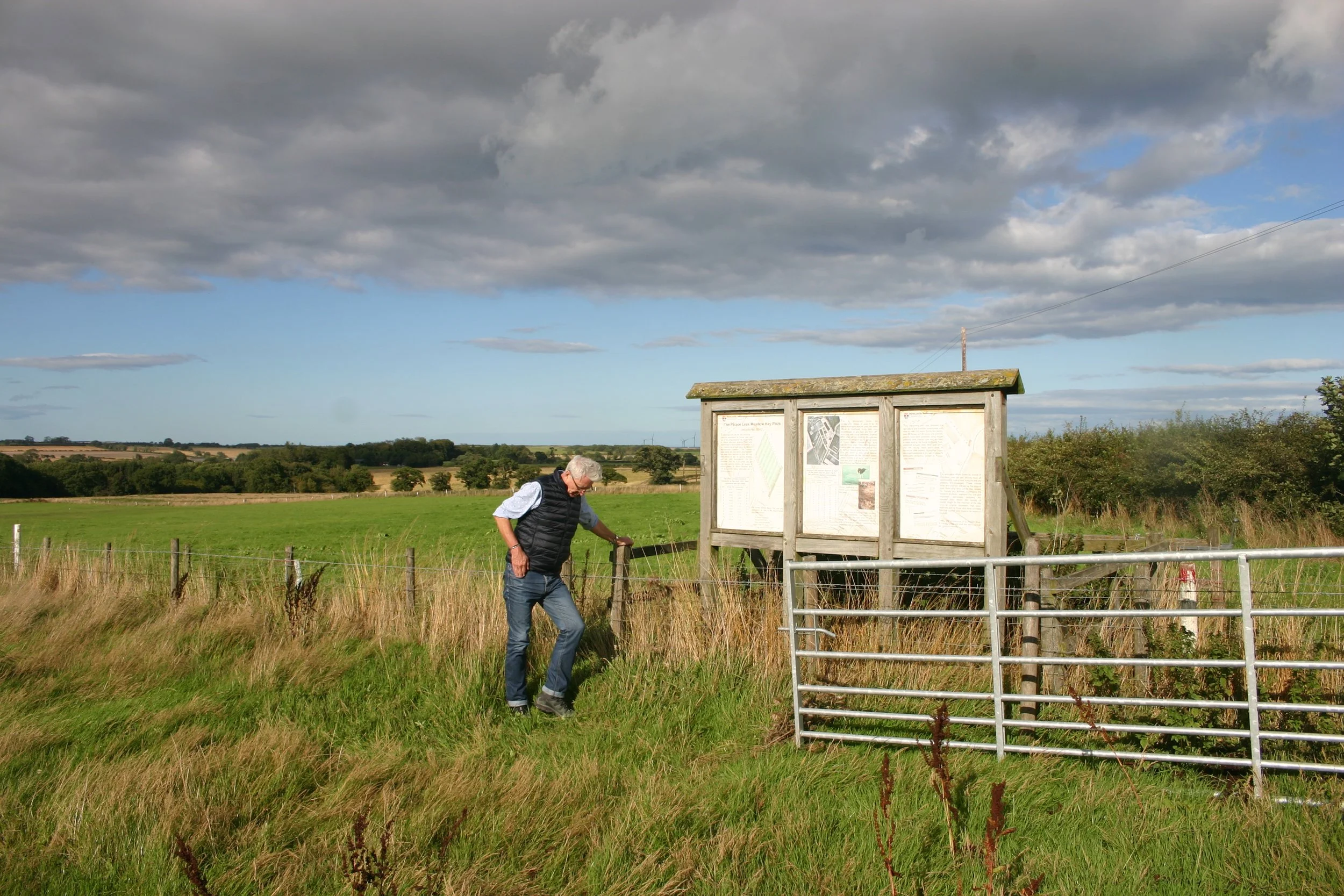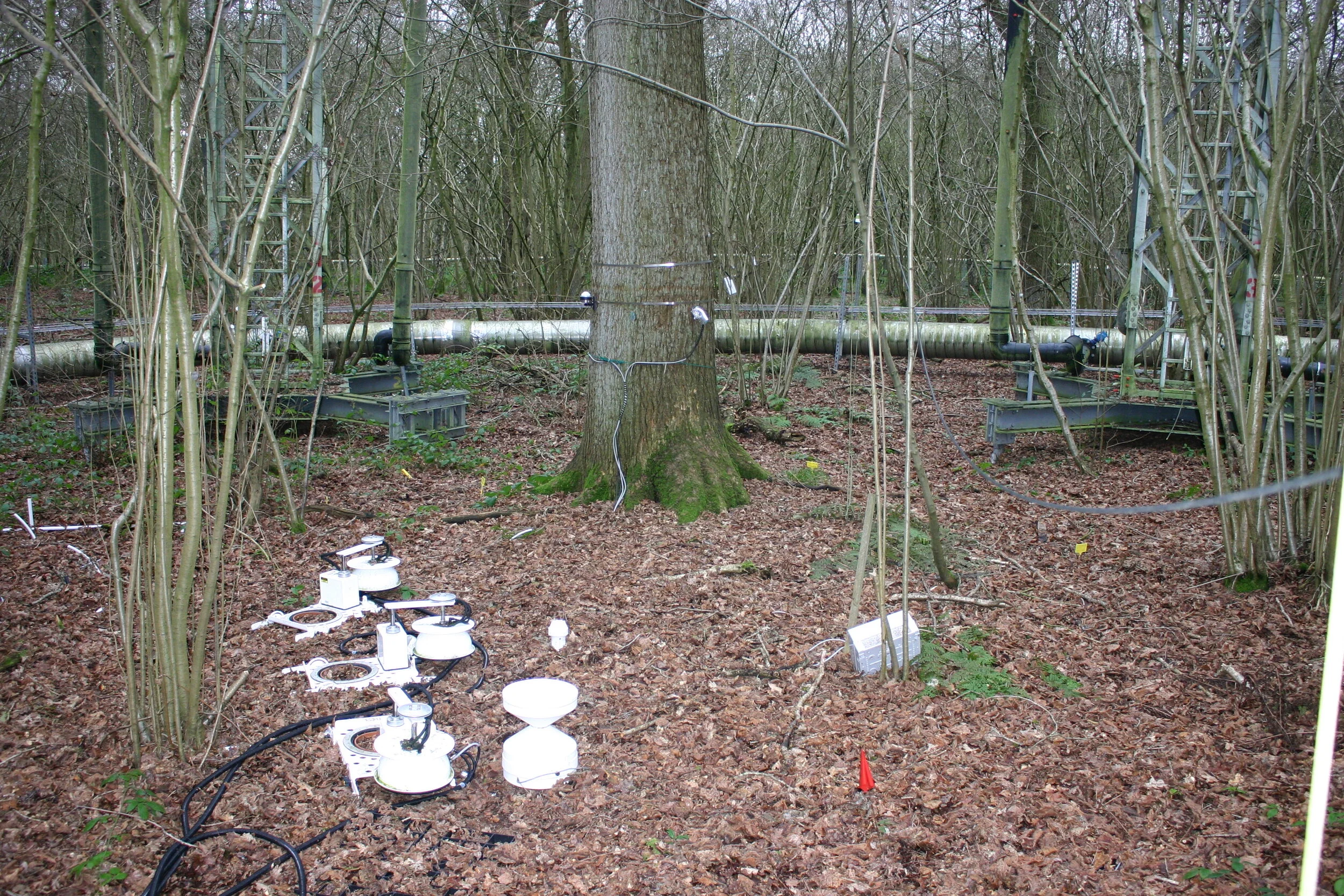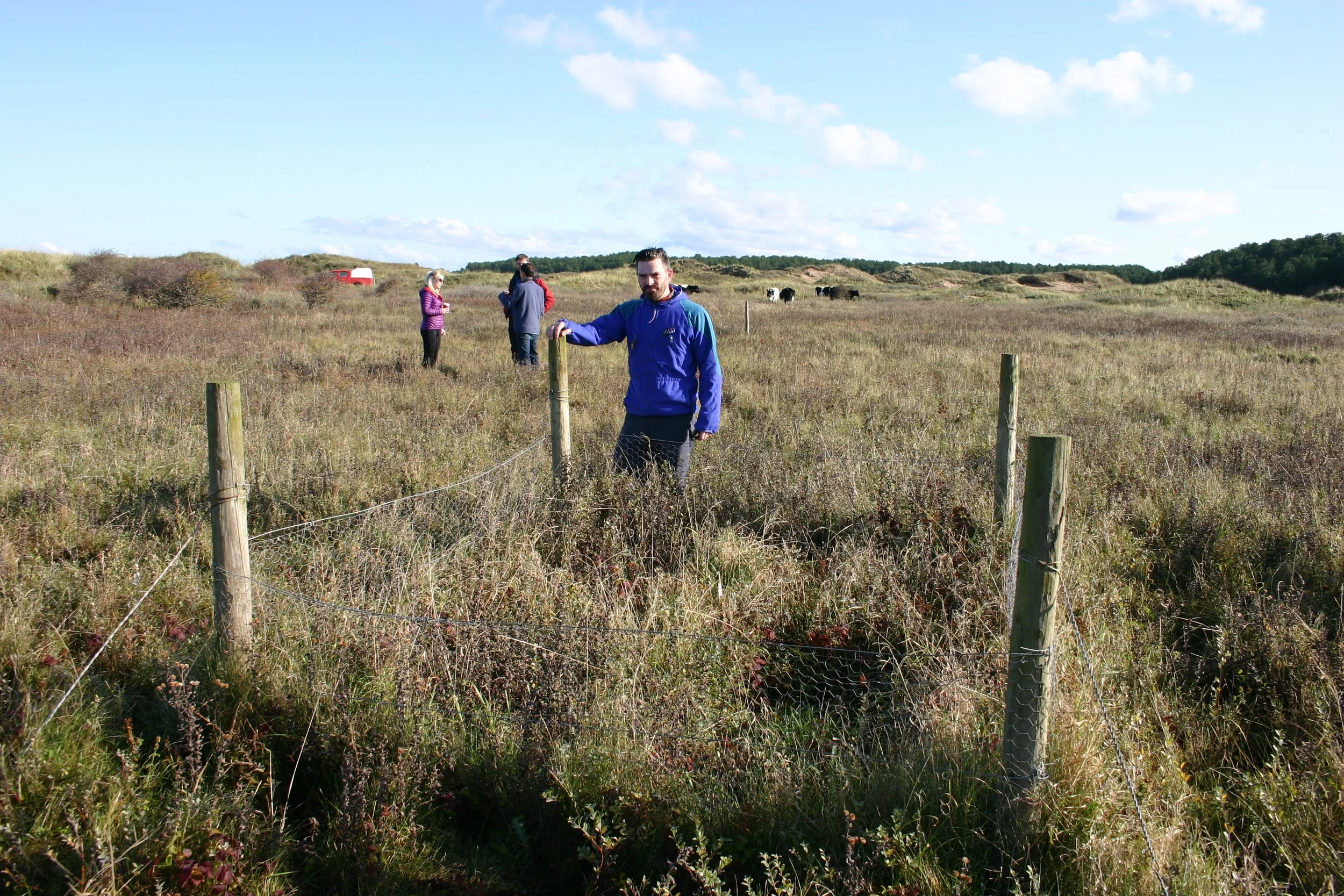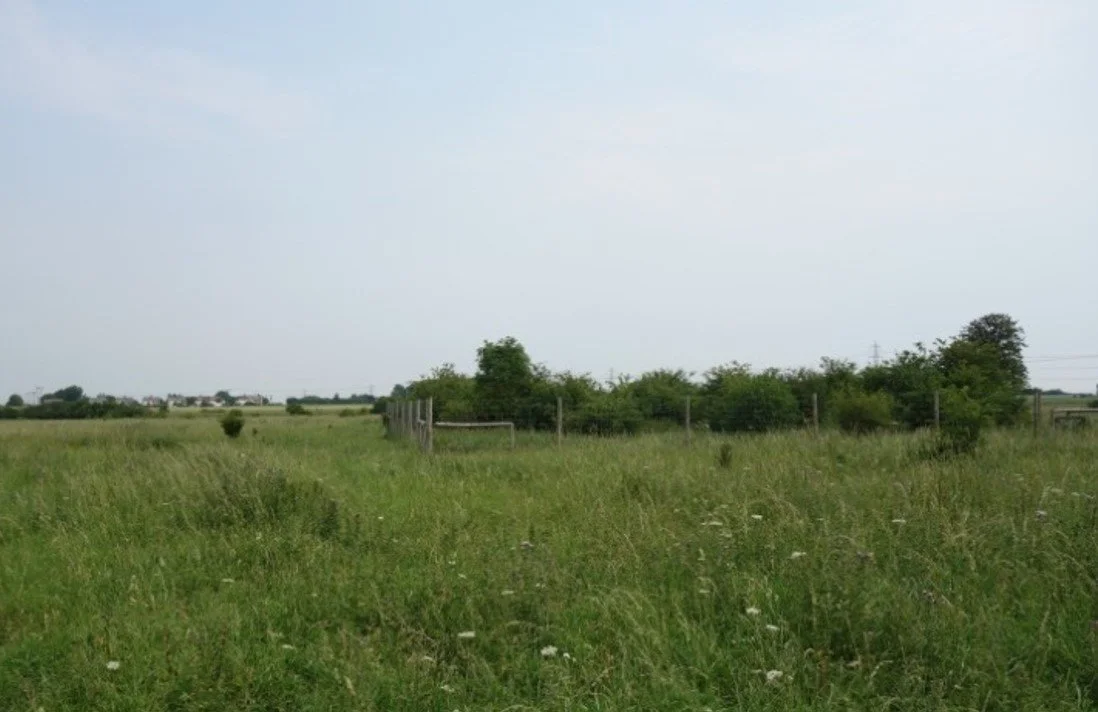To be eligible for an ECT grant, all specified activities must be undertaken on, or associated with, a long-term experiment (LTE) within the UK that is currently on the ECT register. Download this list of eligible sites.
Grants are provided to fund research and to cover travel costs associated with collaboration. The ECT also provides funds to undertake essential maintenance at LTEs, and to assist with data curation activities.
Grant recipients must comply with the ECT Data Policy which is available here.
ECT’s Small Grants Scheme is currently supplemented through a co-funding partnership with the Ramble Worldwide Outdoor Trust.
Small Grants
We provide funds of up to £3000 for research projects undertaken on LTEs that are currently on the ECT register. Funding can be used to cover the following costs:
consumables;
to facilitate extraordinary work such as supporting visiting scientists, students or public engagement;
support for researchers to visit or to facilitate comparative studies between existing long-term ecological experiments;
support for data curation activities, including database development and on-line archiving.
Recent Awards:
Student Grants
We provide funds of up to £3000 to support students undertaking undergraduate or postgraduate research projects at LTEs currently on the ECT register. Funds might be used for:
consumables or specialist equipment required for the experimental research;
travel and accommodation, enabling students to work on LTEs where no institutional funding exists.
Please note that ECT no longer supports conference travel/accommodation through this scheme.
Student Grant applications require a personal reference provided by the project supervisor, to be submitted along with the grant application form.
Recent Awards:
working above the plots to avoid trampling at the cors fochno climate change experiment in wales
£2452 has been granted to PhD student Nina Overtoom at the University of York towards travel and consumables costs for her doctoral research project at the 15-year-long Cors Fochno climate change experiment on lowland blanket bog in mid-Wales. The award will help support the monitoring of environmental conditions and greenhouse gas fluxes in the experimental plots.
A GRAZING EXCLOSURE AT THE AINSDALE DUNE SLACKS LONG-TERM GRAZING EXPERIMENT IN WEST LANCASHIRE
£2000 has been awarded to MRes student Alexander Gray at Edge Hill University towards consumables, travel and subsistence costs for his research project at the Ainsdale Dune Slacks long-term grazing experiment in West Lancashire. The project explores ecological disturbance through herbivory on a molecular level focussing on the population patterns of select plant species in a rare sand dune grassland system. The aim is to highlight the change between grazed and non-grazed plant populations at Ainsdale Dunes. [co-funded by Ramble Worldwide Outdoor Trust]
WALKWAY AND CO2 SPARGING ARRAY AT THE BIFOR-FACE EXPERIMENT IN STAFFORDSHIRE
£3000 has been granted to PhD student Brenden Beckett at the University of Manchester towards consumables and travel for his on-going PhD research at the BIFoR-FACE long-term CO₂ elevation experiment in Staffordshire. His project is making novel assessments of how herbivory and plant nutrition, including micronutrients, respond to elevated (e)CO₂ in a mature temperate oak woodland. How increased primary production alters plant-herbivore interactions is still uncertain. Additionally, a consequence of CO₂ driven increases in biomass is that the bite-per-bite nutrient quality of plant tissues has decreased, potentially causing invertebrate herbivore declines. [co-funded by Ramble Worldwide Outdoor Trust]
one of the dipwells in the plots at ainsdale dune slacks LTE in west lancashire
£750 has been granted to PhD student Fanni Tanka at Loughborough University towards consumables and travel for her PhD research at the Ainsdale Dune Slacks long-term grazing experiment in West Lancashire. Her project aims to quantify how soil methane fluxes may vary depending on environmental conditions and long-term grazer exclusion. Soils from the plots will be incubated ex situ to determine the capacity for methane emissions from dune slack soils at a range of soil saturation levels and temperatures.
FLUX TOWER AT THE BIFOR-FACE CO2 ELEVATION EXPERIMENT IN STAFFORDSHIRE
£750 has been granted to PhD student Sophie Mills at the University of Birmingham towards her attendance at the EGU23 conference to present results on pollen analysis from the BIFoR-FACE long-term CO₂ elevation experiment in Staffordshire. The project involves interesting use of AI technology. Read Sophie’s post-conference blog article for more information.
Please note that conference travel requests are no longer eligible under the ECT’s small grants scheme
BIFOR-FACE ELEVATED CO2 EXPERIMENT
BIFOR-FACE EXPERIMENT ELEVATED CO2 ARRAY TOWER
£1000 has been granted to PhD student William Hagan Brown at the University of Plymouth towards the costs of thermocouple equipment for his doctoral research project at the BIFoR-FACE long-term experiment at Norbury in Staffordshire. The project is looking to understand the impact of elevated CO₂ on the canopy temperature of mature oak trees. The thermocouples enable detailed measurement of leaf temperature of oaks, and the results will provide validation for measurements using thermal infrared sensors at the canopy scale.
£2560 has been awarded to PhD student Andrea Rabbai at the University of Birmingham towards the costs of phenocam installation for his PhD project at the BIFoR-FACE long-term experiment in Staffordshire. The project is looking into the response of young mixed and monoculture tree plantations to an innovative coupled irrigation and fertilisation system (fertigation) management aimed at improving forest productivity, carbon sequestration capacity, and the ecosystem services associated with healthy forests.
BIFOR-FACE EXPERIMENT IN NORBURY, STAFFORDSHIRE
£2000 has been awarded to PhD student Katy Faulkner at the University of Warwick towards the costs of consumables and travel for a project at the BIFoR-FACE long-term experiment in Staffordshire. The project will investigate the impact of high rainfall events on forest soil microbes under the future (elevated) atmospheric CO₂ levels currently being simulated at the experiment.
A particular focus of this work will be the microbial groups that play a key role in carbon cycling.
WARDLOW hay cop IN DERBYSHIRE
£2000 has been awarded to PhD student Chris Taylor at the University of Sheffield towards a summer research project at the Wardlow Hay Cop LTE in Derbyshire. The project will investigate how nitrogen and phosphorus-limited grassland plants respond to elevated CO₂ and nutrient addition. Data will be collected on community composition and biomass, and plant tissue C:N ratios to determine if nutrient limitation could restrict plant carbon uptake or if plants use additional carbon to alleviate nutrient limitation.
buxton climate change impacts laboratory [bccil]
£1000 has recently been granted to PhD student James Edgerley at Lancaster University to use our Buxton (BCCIL) LTE for his studies on ecosystem responses to changing climate. After the extreme summer drought of 2018, James is investigating whether 25 years of moderate drought and warming will make soil microbial communities more resistant or resilient to extreme weather events.
cors fochno lte, near Aberystwyth, wales
An award of £1000 was made last year to PhD student Luke Andrews at York University to use the Cors Fochno LTE for his studies on the effects of climate change on carbon sequestration in peatlands. Following a decade of climate manipulations at this LTE, accurate and continuous monitoring of climatic variables will generate more refined net ecosystem carbon budgets.
An award of £1000 was made to Dr Raj Whitlock/Cameron Hughes-Daly for a student project investigating the response of soil protozoa to 20 years of simulated climate change at BCCIL.
Maintenance Grants
We provide grants of up to £5000 to assist with the maintenance and repair of equipment and infrastructure at LTEs currently on the ECT register.
Eligible costs are limited to the replacement of fencing and other infrastructure that is key to the integrity and security of the experimental plots, plus repairs to existing research equipment used exclusively on the site.
Requests to purchase replacement or entirely new research equipment for a site may be eligible, but assessing trustees will require extra justification for such requests with reference to the following:
That the replacement or new equipment is intended for exclusive use on the long-term experiment in question;
That the applicant’s employing institution can provide at least some matched funding to complement ECT’s contribution, OR:
That the applicant provides a clear explanation as to why funds cannot be found from elsewhere to support the purchase of replacement or new equipment.
ECT reserves the right to offer only a contribution to any such maintenance grant requests as may be appropriate.
Recent Awards
ONE OF THE REPLICATE GRAZING EXCLOSURES AT THE WICKEN FEN VISION EXPERIMENT IN CAMBRIDGESHIRE
A £5000 award to Joe Bailey at Anglia Ruskin University (ARU) towards the costs of bolstering exclosure fences to ensure grazers continue to be securely excluded at the Wicken Fen Vision long-term grazing/restoration experiment in the Cambridgeshire fens. Since the 1990s, UK landscape-scale projects like the Wicken Fen Vision have tested naturalistic grazing and regeneration on ex-arable peatlands. This unique long-term experiment supports biodiversity while minimising peat disturbance and carbon loss.
GRAZING SHEEP IN ONE OF THE EXPERIMENTAL PLOTS AT TULLOCH IN ABERDEENSHIRE
A £2404 award to Rob Graham at Scotland’s Rural College (SRUC) towards the costs of upgrading the sheep fencing around the plots at the SRUC Tulloch long-term rotational grazing experiment in Aberdeenshire. This will help ensure the continued welfare of the livestock in an agroecological rotation experiment that is unique in Europe.
one of the co2 sparging arrays at the bifor-face experiment in oak woodland in staffordshire
A £3000 award to Alexander Armstrong (PI Sami Ullah) at the University of Birmingham towards the costs of repairing the automated soil gas-flux system at the BIFoR-FACE long-term elevated CO₂ experiment in oak woodland at Norbury in Staffordshire. [co-funded by Ramble Worldwide Outdoor Trust]
sylvia toet and former PHD STUDENT LUKE ANDREWS OPERATING A GREENHOUSE GAS ANALYSER AT THE CORS FOCHNO EXPERIMENTAL PLOTS
A £3000 award to Nina Overtoom (PI Sylvia Toet) at the University of York towards the costs of repairing and replacing essential research equipment at the Cors Fochno long-term climate change manipulation experiment near Borth in mid-Wales. [co-funded by Ramble Worldwide Outdoor Trust]
DR ROBIN PAKEMAN at the glen finglas experiment, with one of the large replicated grazing enclosures on the glen slope in the background
A £2038 award to Principal Investigator Robin Pakeman at the James Hutton Institute towards the costs of repairing damaged fencing around the grazing enclosures at the Glen Finglas long-term upland grazing & biodiversity experiment in west Scotland.
A £5000 award to Ecological Analyst & Facility Manager Catalina Estrada at Imperial College Silwood Park for repairs to the fencing surrounding the grazing exclosures at the Nash’s Field long-term grassland grazing and fertilisation experiment in Berkshire.
water table depth monitoring point at nidderdale site, north yorkshire
A £3848 award to Principal Investigator Andreas Heinemeyer at the University of York for equipment repairs/replacement at the Peatland-ES-UK experiment. The grant will be used to replace failing water table depth loggers and renew battery packs across the experiment’s three sites in the Yorkshire Dales and the Forest of Bowland.
NIDDERDALE SITE (NORTH YORKSHIRE) OF PEATLAND-es-uk long-term EXPERIMENT
A £1150 award to Principal Investigator Andreas Heinemeyer at the University of York for equipment maintenance at the Peatland-ES-UK experiment. The grant will be used to repair and service one of the ageing LI-COR 8100 CO₂ gas analysers used across the experiment’s three sites to measure net ecosystem exchange and soil respiration.
meteorological station at the mossdale site (north yorkshire) of peatland-Es-UK long-term experiment
A £1360 award to Principal Investigator Andreas Heinemeyer at the University of York for maintenance at the Peatland-ES-UK LTE sites in North Yorkshire and Lancashire. The grant will be used to repair and maintain the LI-COR 8100 gas analysers that are employed in the monitoring of CO₂ fluxes at the experiment. This enables the measurement of net carbon exchange from vegetation and soil in the field.
PI mariecia fraser surveys the unmanaged ‘wilding’ plot at brignant long-term experiment in mid-wales
A £2955 award has recently been made to Principal Investigator Mariecia Fraser at IBERS-Aberystwyth for the Brignant Plots LTE at Pwllpeiran in mid-Wales, now in its 25th year! The grant will be used for the essential renovation of plot fencing, repairs to the site weather station and the renewal and upgrading of the site network of microclimate sensors.
data logging at the mossdale site of the peatland-es-uk long-term experiment
An award of £3000 was made to Principal Investigator Andreas Heinemeyer at the University of York for the Peatland-ES-UK LTE in north-west England. The grant will be used to upgrade and replace ageing rhizon peat water samplers. This will enable continuation of seasonal water quality sampling and the support of two PhD projects assessing management and climate impacts on carbon cycling and associated ecosystem services in UK blanket bogs.
How to Apply
Please download and complete the required Grant Application Form. Please also view our grants scoring criteria to help you include the necessary information in your application.
All costs must be clearly justified within the budget section. Any costs that are not justified will not be considered. Please ensure all costs are clearly calculated in GBP (British Sterling).
On completion please e-mail us the application form. Receipt of your application will be acknowledged and we aim to notify applicants if they have been successful or not within two months of receipt.
